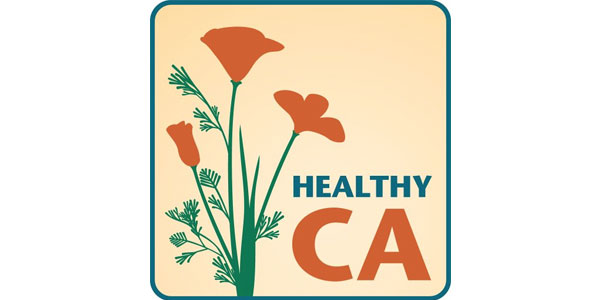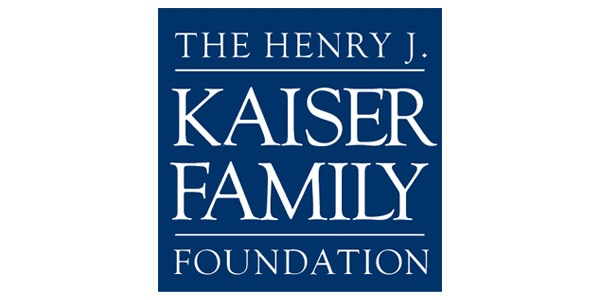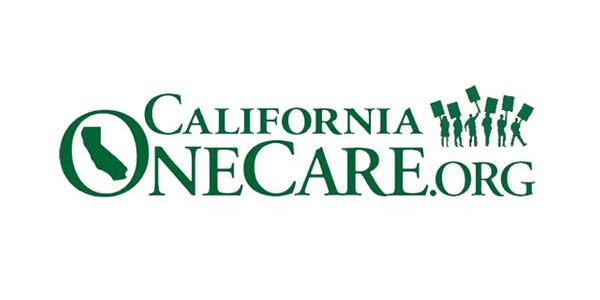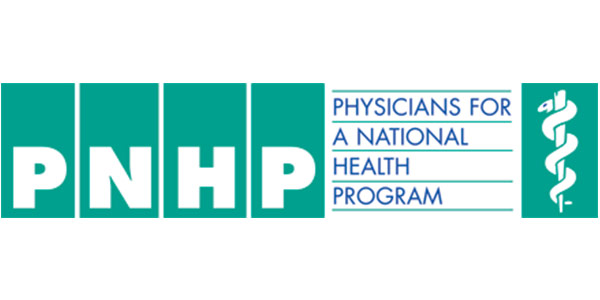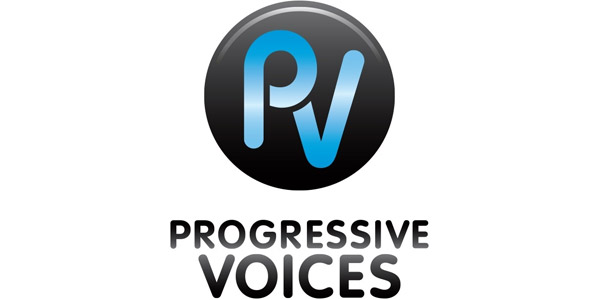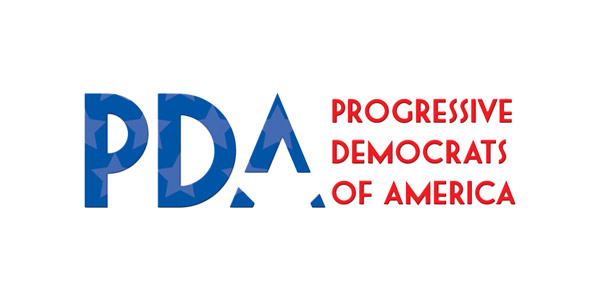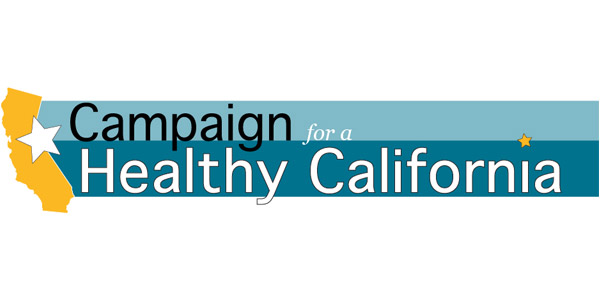Nursing, Caring, and Relationships
 As we recently celebrated Nurses Week, I sit here and reflect upon where we have been and where we are going as a profession. We have persevered through good times and bad, periods of war and peace, and financial booms and recessions. Yet through all of these times, the role of the nurse has remained steadfast: to promote wellness and health through our caring practices. While our practice brings about outcomes that equate to quality and satisfaction for patients, families, co-workers, and ultimately the healthcare industry, it always boils down to one key word-“relationships.”
As we recently celebrated Nurses Week, I sit here and reflect upon where we have been and where we are going as a profession. We have persevered through good times and bad, periods of war and peace, and financial booms and recessions. Yet through all of these times, the role of the nurse has remained steadfast: to promote wellness and health through our caring practices. While our practice brings about outcomes that equate to quality and satisfaction for patients, families, co-workers, and ultimately the healthcare industry, it always boils down to one key word-“relationships.”
A larger question then emerges: How do we as nurses utilize relationships to deliver care and thus, our practice? Is there a correlation between relationship development and healthcare-particularly nursing? Many schools of thought and healthcare leaders seem to believe so.
In the 1960s and 70s, nursing leaders like Marie Manthey realized that the care we delivered as a profession needed to be focused on a patient-and family-centered approach rather than a task-oriented one. Manthey also suggested that this approach needed to be the “primary” method for delivering nursing care because it promoted relationship development with our patients and families that could lead to better, more individualized plans of care as well as optimal care outcomes (Boltz, 2011).
I believe relationship-based care and its central theme of what is known today as primary nursing is the key to patient success in any healthcare system (Koloroutis et al., 2004). The relationships we as nurses develop with our patients allows us to get to know their exclusive stories, if you will, so that we can better tailor our plans to deliver the most appropriate care to meet their needs.
When a nurse enters the room to care for a patient and their family for the first time (new patient or the first contact), a relationship begins to form. This can only happen if we are putting them at the center of the healthcare continuum: the caring-practice-outcomes-quality-satisfaction continuum. As a consumer on the receiving end of care, do we want someone caring for us who has a relationship with us (knows us at any level) or someone who is only present to carry out a task and then leave? This is the question all nurses should be asking themselves as we try to carry out the best methods for ensuring that our patients and families venture toward wellness.
If you believe that the success of nursing and healthcare is wholly or in part tied to the power of relationships, then it makes sense that relationship development has a benefit to more than nurses. Actually, the strength of relationships with ourselves (self-care) and our co-workers, as well as with patients and families, makes all the difference in how care and practice is delivered (Koloroutis et al., 2004). Relationship-based care is not exclusive to nursing either. It is intrinsically important to everyone who touches patients and families or supports those who touch the patient.
The important take-away is that as nurses, the relationships we develop can strengthen our care practices and improve the safe passage for patients and families. I challenge all of you to examine your healthcare work environments to assess whether or not you are employing some style of relationship-based care. If you are, evaluate how well your work area or organization utilizes the concept. If you do not use relationship-based care, perhaps you should investigate the value of moving toward implementing this method of better practice. I truly believe Florence would approve.
References
Boltz, M. (Ed.; 2011). Sit down for a minute: The healing power of relationship-based care [PDF]. Nurses Improving Care for Healthsystem Elders, A NICHE Showcase Interview, 2011. New York, NY: Hartford Institute for Learning. Retrieved from http://www.nicheprogram.org/uploads/File/NICHE_FOCUS_ON_Relationship-Base_Care.pdf
Koloroutis, M., Manthey, M., Felgen, J., Person, C., Kinnaird, L., Wright, D., & Dingman, S. (2004). Relationship-based care: A model for transforming practice. Minneapolis, MN: Creative Health Care Management.
![]() This article was shared with us by NurseTogether.com.
This article was shared with us by NurseTogether.com.
Based in Charlotte, NC, NurseTogether.com is one of the fastest-growing, free online professional communities for nurses. Specializing in unique nursing lifestyle, career and professional development information, NurseTogether.com’s mission is to empower the nursing community through top-quality original content from experts, interactive web-based social media tools, and value-added services through key strategic partnerships in a variety of nursing and lifestyle disciplines.




